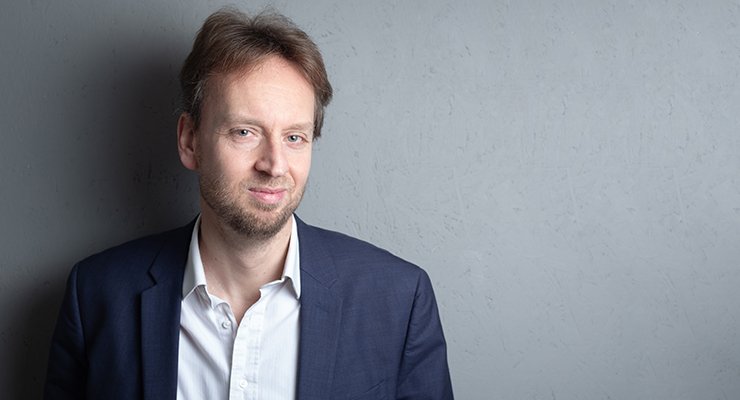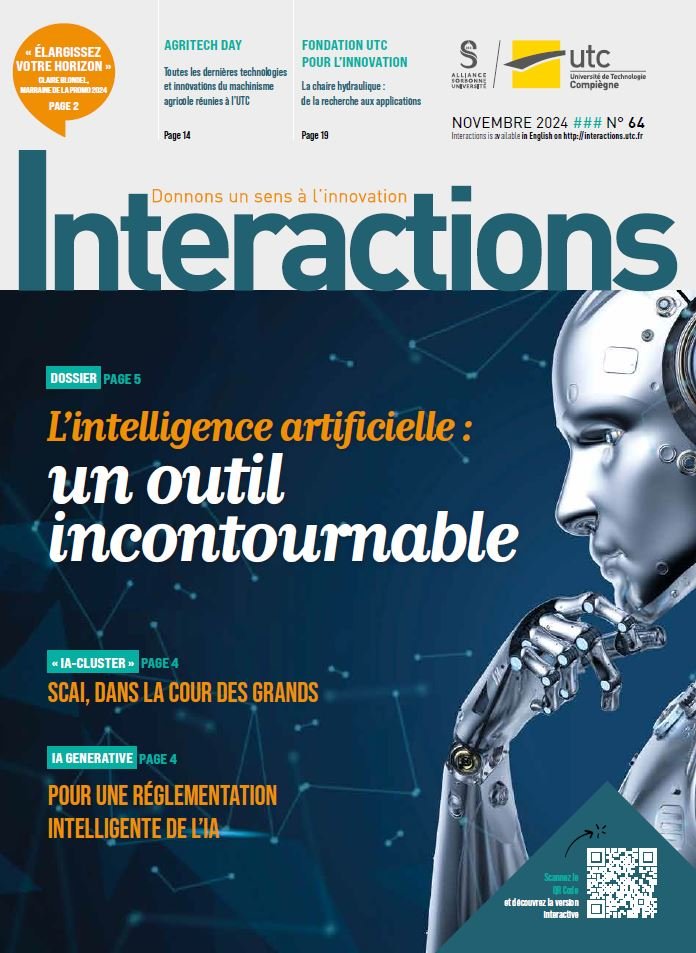TSH, more inclusive and responsible

UTC’s Technology and Human Sciences Department is changing its name to Technology, Societies and Humanities. The Department’s previous name dates back to 1986, the year THS was founded at UTC.
Since its creation in 1972, the UTC has been characterised by its desire to give an important place to humanities and social sciences in the training of its students. The conviction of the UTC’s founder-President, Guy Deniélou, was that you can’t really know human beings without knowing the objects they build, and vice versa.» Today, this has almost become commonplace in the engineering training landscape. Everyone recognises the importance and interest of the human and social sciences. For UTC, the difference must continue to be made in the demands we make, which do not reduce the humanities and social sciences to utilitarian, entertaining or professionalising pf knowledge. We need to extend and strengthen the links between technology and humanities and social sciences. This project makes even more sense today, in the context of the ecological, information and political crises we are experiencing. This is also demonstrated by the success of the ‘Humanities and Technology’ course, which offers a real synergy between the human and social sciences and engineering at UTC,» says Professor Pierre Steiner, Director of the TSH Department and professor of Philosophy.
An evolving department
This change of name is in line with a new way for the department to present and give meaning to its educational offering: ‘TSH challenges’. Three have been identified, increasingly faced by today’s and tomorrow’s engineers: imagining new alternatives; telling the story of a desirable future; inclusion and care. «It was therefore an opportune moment to review the way we are called and how we are known inside and outside UTC. The new name is more open and inclusive. It also better reflects the diversity of the hundred or so courses we offer at the UTC. «Technology» has been retained, because we are still pursuing the project of understanding the ways in which technology makes possible and transforms our ways of knowing, interacting, communicating and organising ourselves. «Societies’ refers to social sciences and economics, but also to the responsibilities that engineers bear today, whatever the situations in which they work and operate,» continues Pierre Steiner. ‘Humanities’ covers our teaching of languages, communication, philosophy, history, linguistics and the numerous ways in which Humanity inhabits the Earth via techniques and technology».
Engineers must also be accountable
New courses have also been launched, such as the course on Philosophies of Nature and the contemporary engineer, and a primer course in Political philosophy. Here too, the aim is to offer courses that enable students to understand the challenges posed by the ecological crisis, challenges that are not just scientific or technical. «Increasingly, engineers and the organisations that employ them are being called to account. This is one facet of what is known as ‘societal responsibility’. How does the innovation to which I contribute serve to a world, a planet or a Society we see as desirable, inclusive or sustainable? Whom does it empower? What does it make invisible? What does it invite us to renounce? Engineers need to be able to position themselves and listen to other stakeholders. They can no longer hide behind efficiency criteria, impersonal standards, or a «neutrality» that has never been anything other than a way of ratifying established order. These questions of ethical and societal positioning cannot be resolved by algorithms, but that doesn’t mean that they don’t concern engineers. On the contrary! These are skills that are just as important as scientific and technical skills.
A long way from the general knowledge department
Linking the humanities and social sciences with technology, taken in the sense of the study and design of technical systems, is the basis of TSH. There are at least two reasons for this. The first is that engineers have to work in many situations that are not just scientific or technical. «They don’t just design, calculate, parameter, modelize or control. They also have to argue, manage, communicate, negotiate, imagine, comply with law, etc. Engineers don’t just interact with engineers, they also interact with workers, citizens, litigators, users, etc. The second reason — more transversal — is that designing a technical device also means designing the environment in which the uses of a technology-intensive device will take place, transforming — and this is fundamental — the projects, the experience and the capacities of the users. Consequently, we’re not a ‘general culture’ department, a department that offers students methods for getting into the job market, such as writing CVs, or a department that puts a humanist veneer on top of their scientific and technical training,» he concludes. The link between technology and the humanities and social sciences must be built around technical objects. At UTC, humanities and social sciences study technology using technology. Many of the TSH courses are linked to the technological platforms of the UTC-Costech laboratory: the aim here is to understand in order to act, and to act in order to understand.




